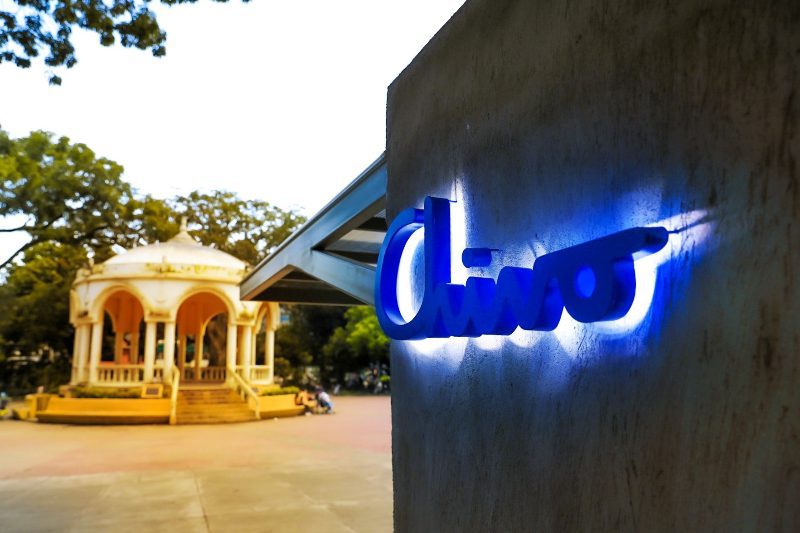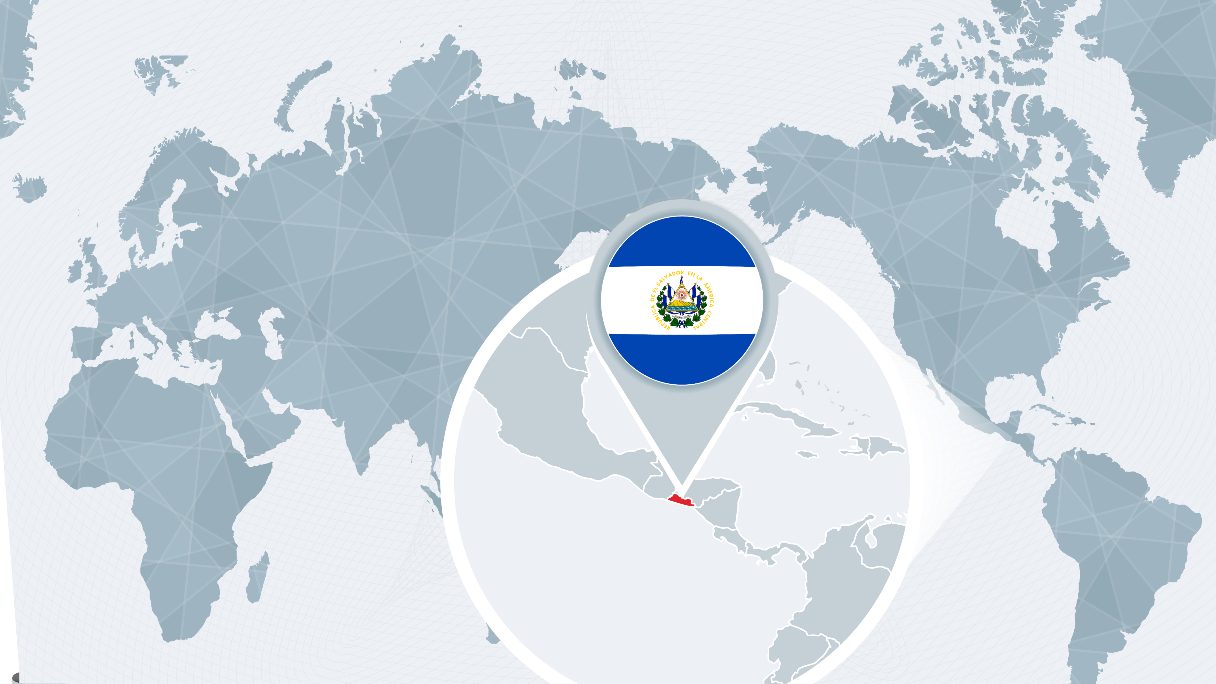Bitcoin has been legal tender in El Salvador for 10 days now, but its adoption by President Nayib Bukele is not universally welcomed.
Summary
A divisive choice
Alongside the enthusiasts in the crypto community who see this as an experiment (perhaps to be repeated on a larger scale in a larger country), many fear that this choice has negative, not to say harmful, implications.
In fact, from a part of the local population, the adoption of Bitcoin has been seen as proof of President Bukele’s authoritarian attitude. Elected in 2019, the mainstream media refers to him by giving him the unflattering title of populist.
The fact that he is a divisive president is evidenced by the peaceful protests staged in the past weeks, and those of the past few days.
On Wednesday, there were violent protests with thousands of people demonstrating their dissent against the government.
The protest also resulted in violent acts, with one of the “victims” being one of the “Chivo points” where the Bitcoin ATMs of Chivo, the national app that acts as a wallet, are located.
One of these was set on fire.
Tuvieron hasta el descaro de quemar una bandera de El Salvador 🤦♂️ pic.twitter.com/WY9Tcts2Da
— CINCO (@cinco_zavala) September 15, 2021
President Bukele commented sarcastically, although there is talk of infiltrators among the protesters, the images suggest an episode that was somehow organized or at least tolerated.
Chivo’s problems
The first days of Bitcoin as legal tender in El Salvador were marked by technical problems, as well as protests.
It would seem that the numerous downloads of the Chivo app caused the systems to go haywire. This has also meant that ATMs have been out of order.
According to much of the international press, the record number of downloads should not point to the success of Bitcoin, but to the opportunity to have the $30 included.

The consequences of Bitcoin adoption by El Salvador
Regardless of these episodes, the adoption of Bitcoin by the Central American state has raised numerous questions.
Having Bitcoin as a legal tender implies using it in every way for every function. Now, someone has tried to imagine a mortgage in Bitcoin.
- What interest rate should be applied?
- And given its volatility, how can it be repaid?
- And if in 10-20 years Bitcoin no longer existed, what would happen to that mortgage?
There is no apparent reason why in 10-20 years Bitcoin should disappear. On the contrary, current conditions including price and interest from governments and institutions suggest that BTC is here to stay.
There is, however, a far more important issue. According to President Bukele, with the adoption of Bitcoin, remittances (on which the economy relies) would save $400 million a year, which would otherwise have been spent on fees.
This is enough to justify the law. The path will not be smooth, as the president himself admits:
“We set ourselves a very high goal (to launch everything in 3 months) and we made mistakes, but we are already correcting them and hundreds of thousands of Salvadorans CAN ALREADY use their Chivowallet without any problems. Soon all those who want it will also be able to enjoy its benefits”.
It remains to be seen whether El Salvador will remain an isolated case. Others may already be ready to follow.



